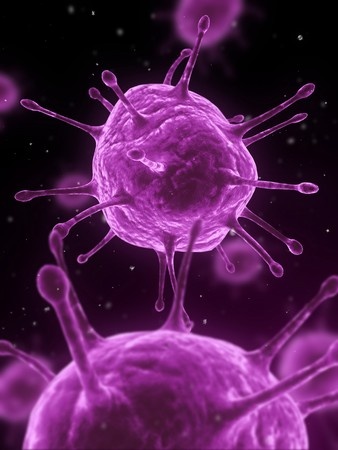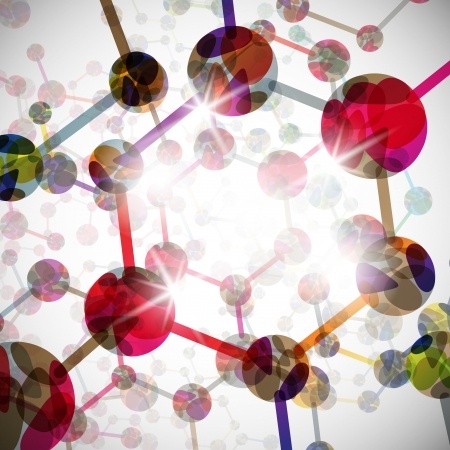Invasive species, cancer, our first alcoholic drink, 3-D printing and life from outerspace- this must be SciNews! This eclectic collection of current science news stories is brought to you by STAOBlog.
SciNews is published every Monday and Thursday. Stay tuned for more
 Biology
Biology
New study suggests invasive species work together to dominate local habitats. Globe and Mail
The spread of invasive species in local ecosystems could spell trouble for native plants and insect colonies, as a new study out of the University of Toronto suggests that the interaction between multiple foreign species help each other accelerate their dominance. Read more…
Two-thirds of cancers caused by bad luck, not heredity & environment. CBC News.
Plain old bad luck plays a major role in determining who gets cancer and who does not, according to researchers who found that two-thirds of cancer incidence of various types can be blamed on random mutations and not heredity or risky habits like smoking. Read more…
Chemistry
Brewing the “First” Alcoholic Beverage. Scientific American
My fermentation obsession has reached new heights – on Christmas day I bottled my first mead, and it was delicious. My wife also gave me a book on mead making, and I’m getting ready to start a wild-ferment mead. So what is mead? Read more…
Physics
Instead of waiting for wrench, astronaut on ISS prints one. Globe and M ail
ail
The U.S. National Aeronautics and Space Administration may be one step closer to having Star Trek-like replicators after astronauts on the International Space Station used an on-board 3-D printer to manufacture a wrench after NASA e-mailed the blueprints. Read more…
 Earth and Space Science
Earth and Space Science
Asteroid impacts may have sparked life on Earth. Science News for Students
Life on Earth may have begun with lots of bangs. Billions of years ago, asteroids and comets crashed into the planet. Scientists recently re-created such high-energy impacts in laser experiments. These new data suggest that ancient collisions may have released enough energy to form the building blocks of life. Read more…
NASA finds good news on forests and carbon dioxide. Science Daily.
A new NASA-led study shows that tropical forests may be absorbing far more carbon dioxide than many scientists thought, in response to rising atmospheric levels of the greenhouse gas. The study estimates that tropical forests absorb 1.4 billion metric tons of carbon dioxide out of a total global absorption of 2.5 billion — more than is absorbed by forests in Canada, Siberia and other northern regions, called boreal forests. Read more…


